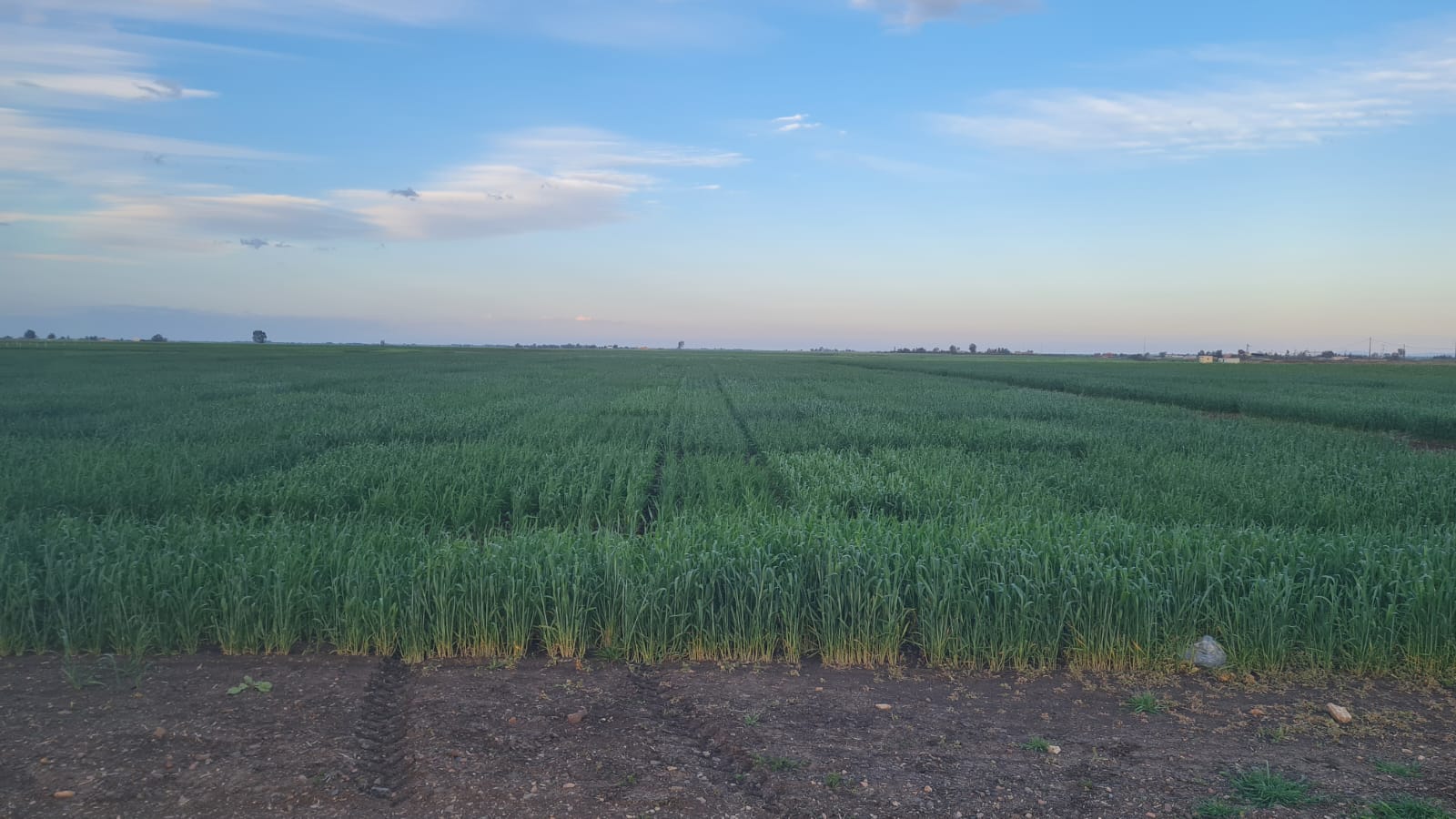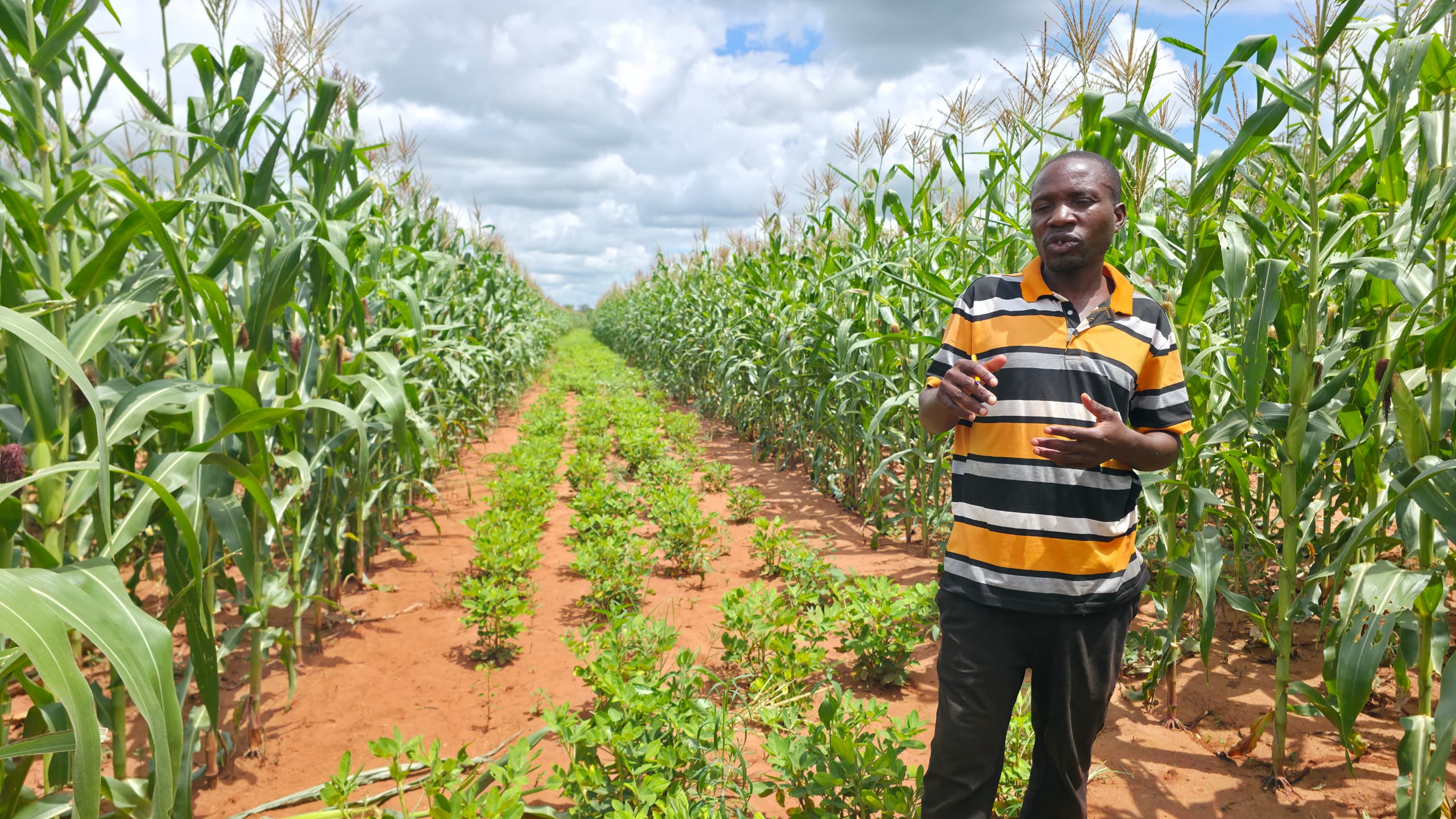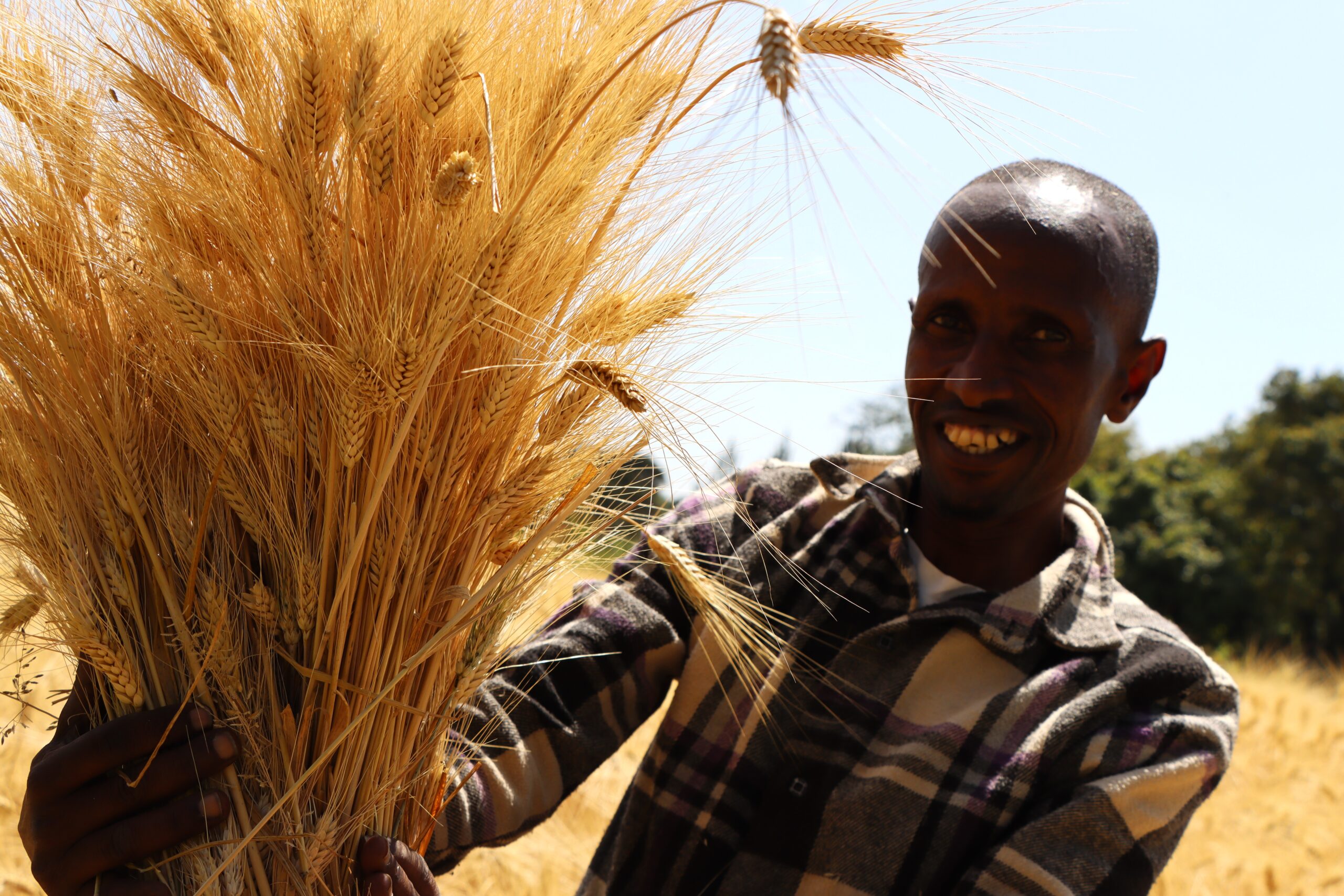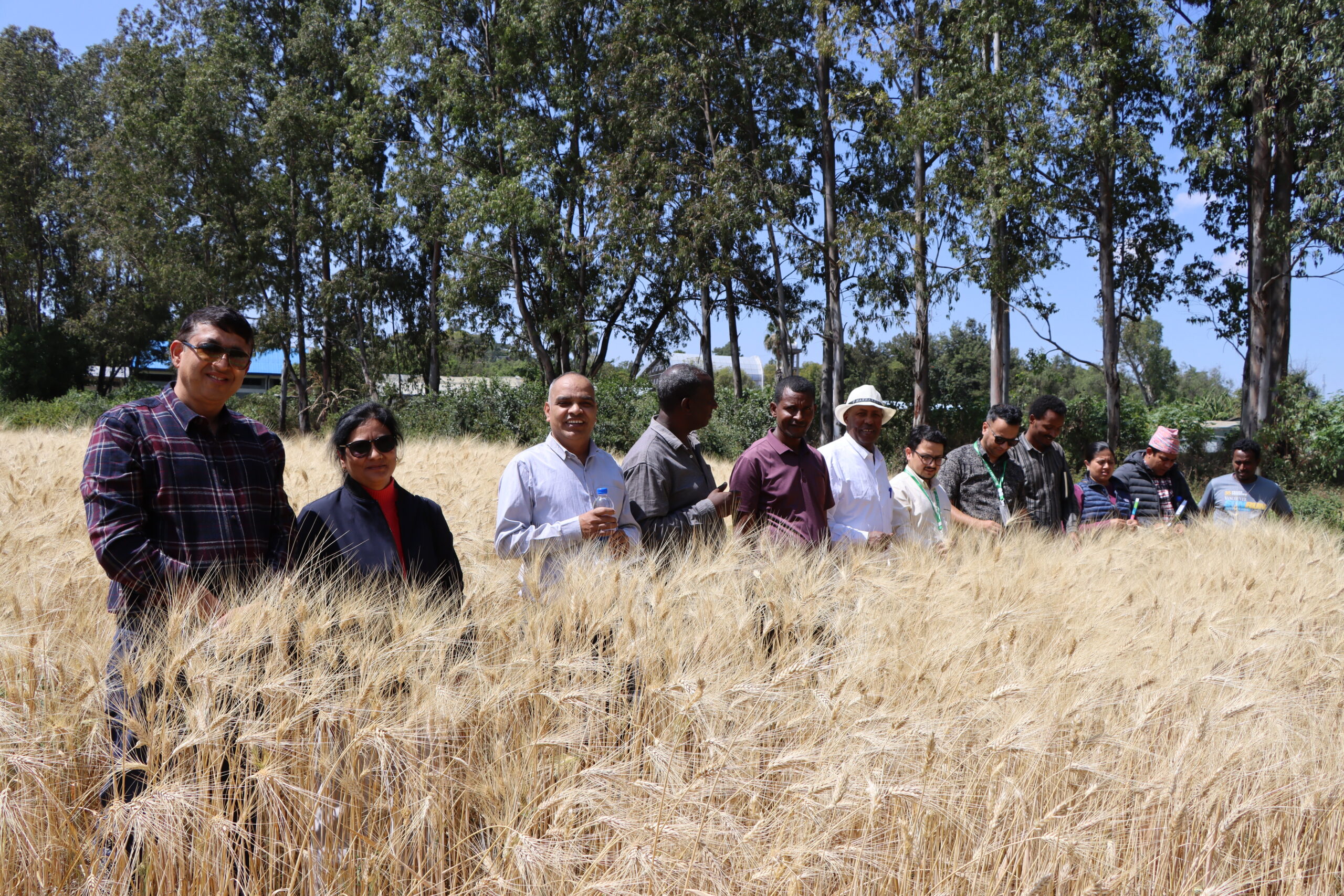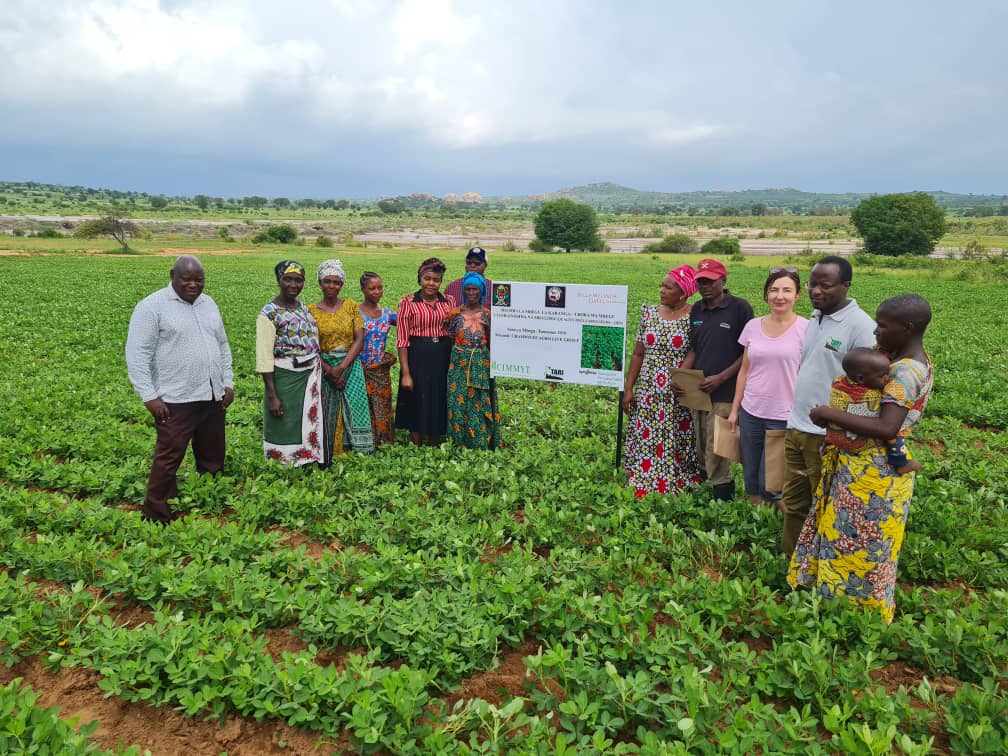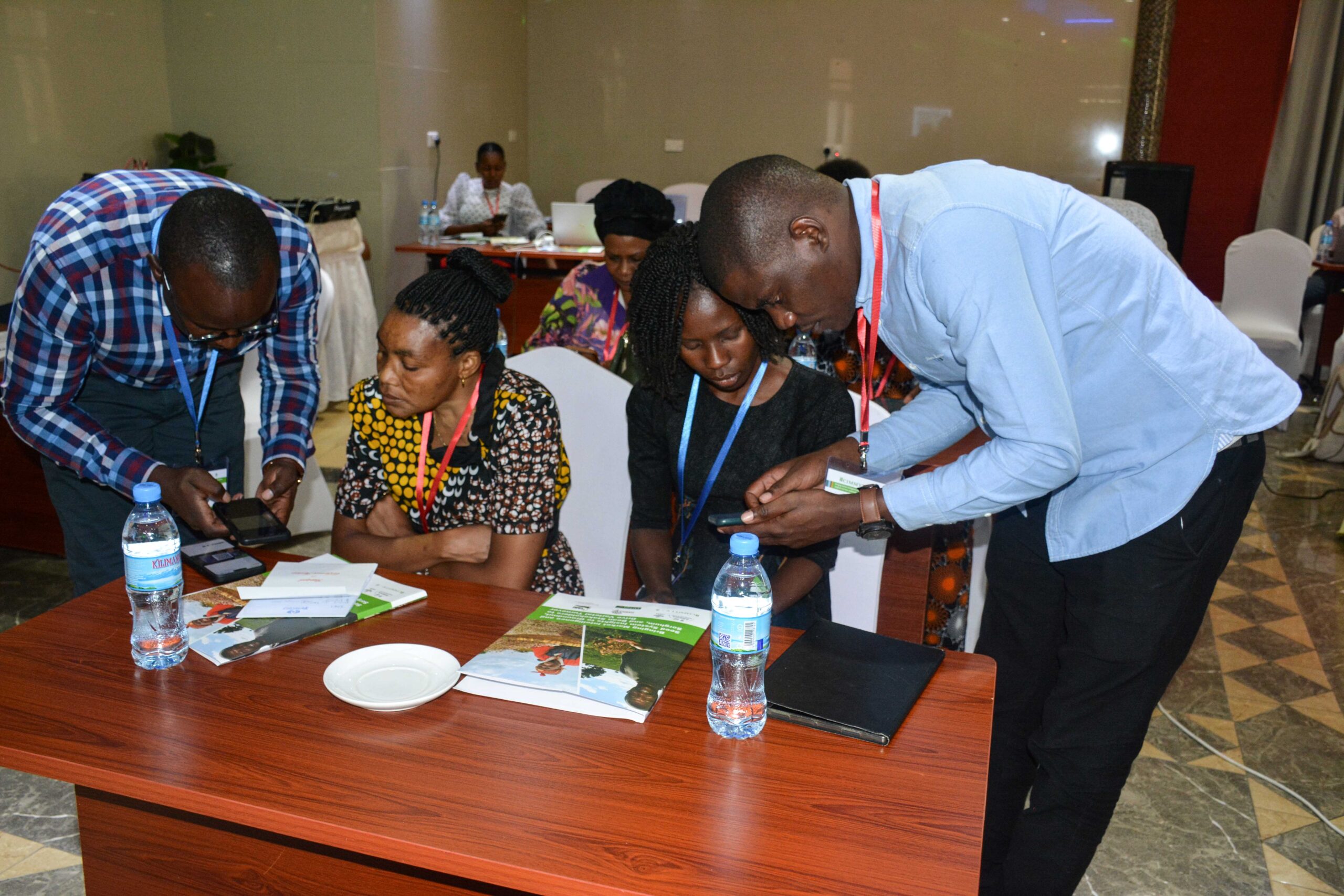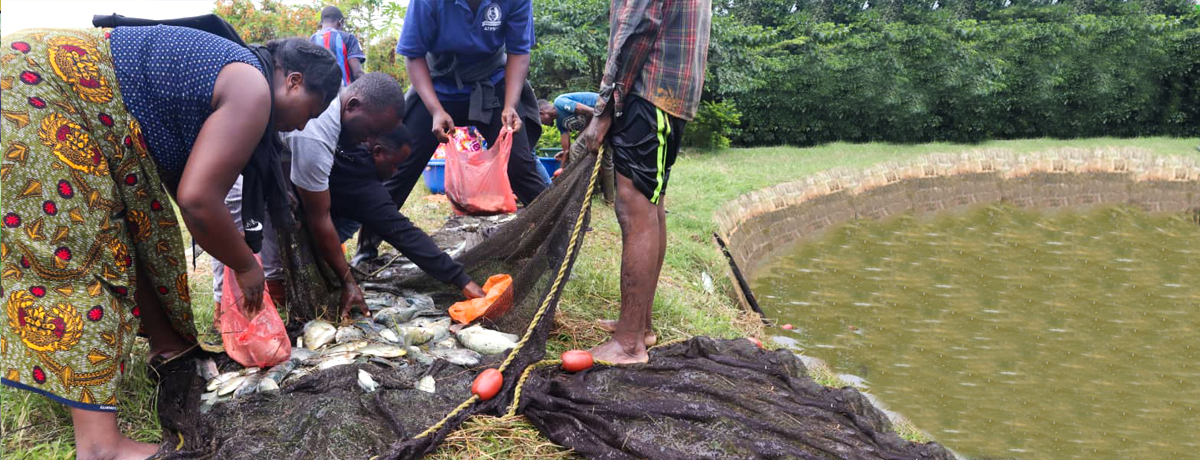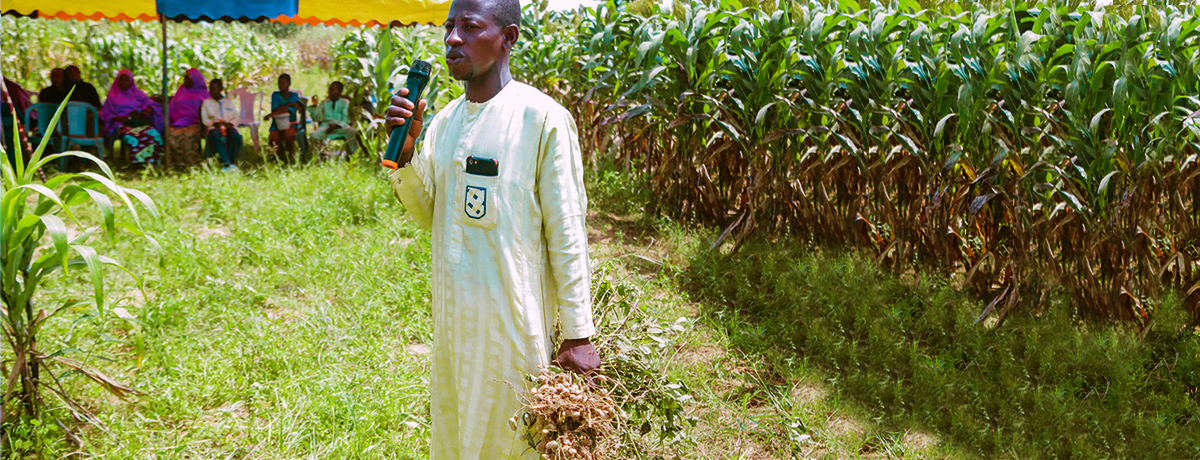Africa
CIMMYT’s work in Africa helps farmers access new maize and wheat systems-based technologies, information and markets, raising incomes and enhancing crop resilience to drought and climate change. CIMMYT sets priorities in consultation with ministries of agriculture, seed companies, farming communities and other stakeholders in the maize and wheat value chains. Our activities in Africa are wide ranging and include: breeding maize for drought tolerance and low-fertility soils, and for resistance to insect pests, foliar diseases and parasitic weeds; sustainably intensifying production in maize- and wheat-based systems; and investigating opportunities to reduce micronutrient and protein malnutrition among women and young children.
A transformative leap in effective subaward implementation: Inside the revitalized sorghum and millets breeding programs at ZARI
 Capacity development
Capacity development
Through strategic leadership and support from CIMMYT, ZARI is emerging as a model for agricultural innovation and climate resilience, showcasing the power of science-driven collaboration to strengthen national research systems across sub-Saharan Africa
Scaling conservation agriculture: Victor Munakabanze’s journey from trials to transformative adoption
 Climate adaptation and mitigation
Climate adaptation and mitigation
Victor Munakabanze’s journey from trial plots to championing Conservation Agriculture in Zambia showcases how climate-smart innovations can transform livelihoods
CIMMYT drives wheat production systems and enhances livelihoods in Ethiopia’s Lowlands through the ADAPT-Wheat Project
 Innovations
Innovations
CIMMYT is enhancing wheat production in Ethiopia’s irrigated lowlands with stress-tolerant varieties, modern mechanization, and farmer capacity-building to strengthen food security
Bridging borders: A South-South exchange between Ethiopia and Nepal to tackle soil health challenges
 Climate adaptation and mitigation
Climate adaptation and mitigation
CIMMYT facilitated a South-South exchange between Ethiopia and Nepal, fostering collaboration on innovative soil health solutions to enhance agricultural sustainability, climate resilience, and food security
Seeds of change: How QDS is transforming smallholder farming in Tanzania
 Climate adaptation and mitigation
Climate adaptation and mitigation
CIMMYT strengthens Tanzania’s seed systems by improving smallholder farmers’ access to high-quality seeds and sustainable livelihoods
Driving Varietal Turnover: Insights from Market Intelligence and Seed Systems in Tanzania
 Capacity development
Capacity development
The workshops convened by CIMMYT and partners in Tanzania explored market intelligence and seed system strategies to accelerate varietal adoption and turnover for groundnut, sorghum, and bean stakeholders
An entrepreneur’s journey in aquaculture: Fueled by partnership, innovation, and resilience
 Capacity development
Capacity development
Cosmas Chachi’s journey into sustainable aquaculture, supported by AID-I, exemplifies how innovative, community-driven solutions can meet market demands, and improve nutrition while empowering rural livelihoods in Zambia
Decades of research deliver drought-tolerant maize for a hotter, uncertain future
 Climate adaptation and mitigation
Climate adaptation and mitigation
Source: The Sunday News ()
CIMMYT’s drought-tolerant maize are empowering Zimbabwean farmers to withstand weather challenges
CDA’s Innovative Approach Doubles Farmers’ Yields
 Capacity development
Capacity development
Improved seeds are transforming Nigerian farmers’ yields and incomes, as showcased by CDA
Zimbabwean farmers face crop-munching armyworm after drought
 Climate adaptation and mitigation
Climate adaptation and mitigation
Source: Context ()
CIMMYT’s climate-smart solutions help Zimbabwean farmers combat fall armyworm and climate-driven crop losses




